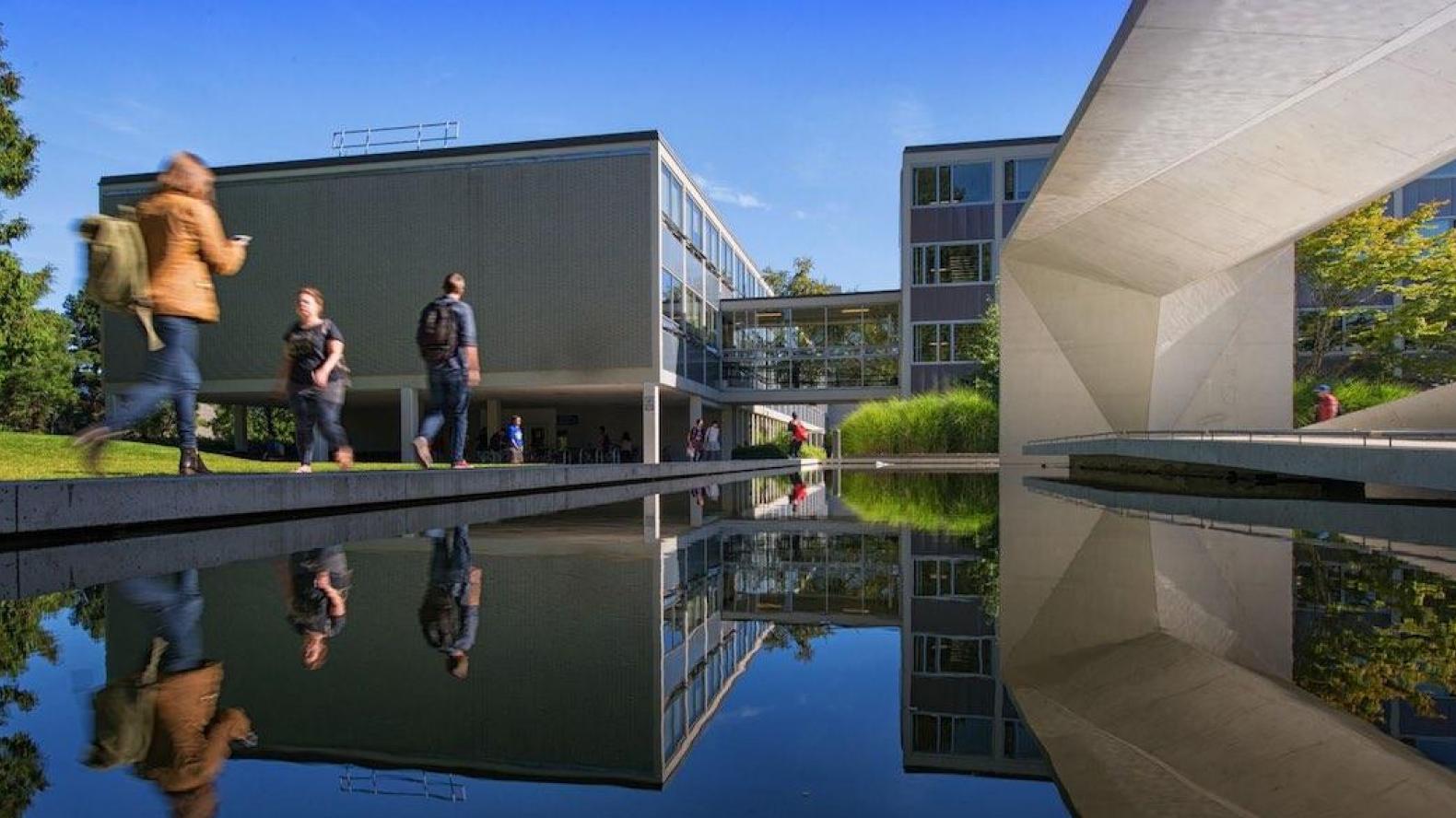
Highlights include marked reduction in GHG emissions, integration of sustainability across the curriculum and new initiatives focused on human wellbeing and community development.
636 sustainability courses, 48 sustainability programs, a significant reduction in emissions, and a clear focus on community wellbeing illustrate a few examples of sustainability in action across UBC this past year.
“The global community looks to universities for leadership. Here at UBC we seek to provide that leadership by using our campuses as societal test beds for sustainability,” says Dr. James Tansey, Executive Director with the UBC Sustainability Initiative.
“We have a long history of advancing sustainability. This report demonstrates our continued efforts to collaborate across structures and disciplines to improve both human and environmental wellbeing on campus and beyond.”
UBC’s 2014-2015 sustainability report is aligned with the university’s new 20-year Sustainability Strategy. Released in 2014, the strategy provides a long-term vision for the integration of sustainability across teaching, learning and research, operations and infrastructure, and community.
2014-2015 Highlights
Teaching, Learning and Research
- Supported faculty members through fellowships and grants to embed sustainability in the curriculum and advance research projects.
- Engaged thousands of students through events, workshops and applied research and paid internship opportunities with community partners.
Operations and Infrastructure
- Made significant progress in reducing greenhouse gas emissions and making progress on our water use and waste management metrics despite continued campus growth.
- Initiated the new Okanagan Campus Plan, supported by an innovative Whole Systems Infrastructure Plan, with an aim to develop a roadmap toward achieving a net-positive impact on the wellbeing of the campus community and ecology.
Community
- Continued to enhance community development programming, improving housing availability and affordability, high-quality amenities, and provision of transportation infrastructure that promotes sustainable options.
- Linked to these efforts, Wellbeing at UBC was launched to build happier, healthier, and more sustainable campus communities in Vancouver and Okanagan.
“As cities, regions and nations reaffirm their commitments to addressing climate change, we hope to serve as a beacon that helps guide discourse and change towards a more positive and sustainable future. As a university, we generate knowledge and skills. Partnerships enable us to be an agent of change and transfer our expertise from classrooms and labs to the wider community,” says Tansey.